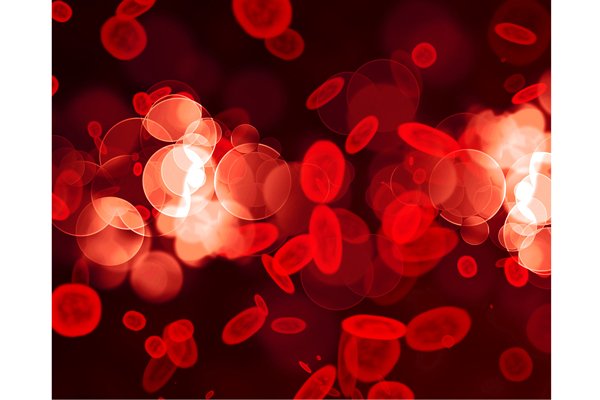
Q-Sera will develop an improved blood collection tube for producing high quality serum in a clinical setting
Singapore: Australia's Medical Research Commercialization Fund (MRCF) and the Uniseed Commercialization Fund have jointly invested $900,000 for Q-Sera to commercialize an improved blood collection tube based on intellectual property from The University of Queensland (UQ) Centre for Clinical Research.
The start-up biotechnology company will develop an improved blood collection tube for producing high quality serum in a clinical setting, based on the blood clotting properties of venom from a specific Australian snake. The Q-Sera technology is based on the research of Dr Martin Lavin from the UQ Centre for Clinical Research, Dr Paul Masci from the UQ School of Medicine and Dr John de Jersey from the UQ School of Chemistry & Molecular Biosciences.
MRCF Investment Manager Dr Bev Thomas said the opportunity to support Q-Sera reflected the Fund's charter to foster best practice in the commercialization of innovation and to support Australia's emerging medical discoveries to generate returns for its investors. "We immediately recognized the global application of the technology and its potential to improve diagnosis and ultimately patient outcomes. In clinical settings, particularly where urgent test results are required, the wait for the analysis of serum can delay lifesaving treatment or cause errors in patient diagnosis. By investing in Q-Sera we are working to improve the process."
Uniseed CEO Dr Peter Devine said the opportunity to add yet another uniquely Australian discovery to its biotechnology investment portfolio was particularly appealing. "The Q-Sera research has isolated an important class of proteins from certain Australian snakes that have the ability to rapidly clot blood in a blood collection tube. The species may be native to Australia but the impact of this technology is likely to be felt worldwide," Dr Devine said.
The Q-Sera technology aims to reduce the time required to produce high quality serum in blood clotting tubes, used in biochemical and other pathology assays and involves coating blood collection tubes with a naturally occurring coagulation agent, isolated from the venom of certain Australian snakes to accelerate the clotting of blood.
Serum is produced by allowing the blood to clot, then applying centrifugation to separate the serum. Tubes currently used contain a clot activator, but they are unable to clot blood from some patients, e.g. cardiac patients taking anticoagulants such as warfarin or heparin. This limitation risks inaccurate clinical results and diagnosis.
The Q-Sera research has demonstrated successful clotting of such blood samples, providing a higher degree of confidence around patient diagnosis and patient care.




